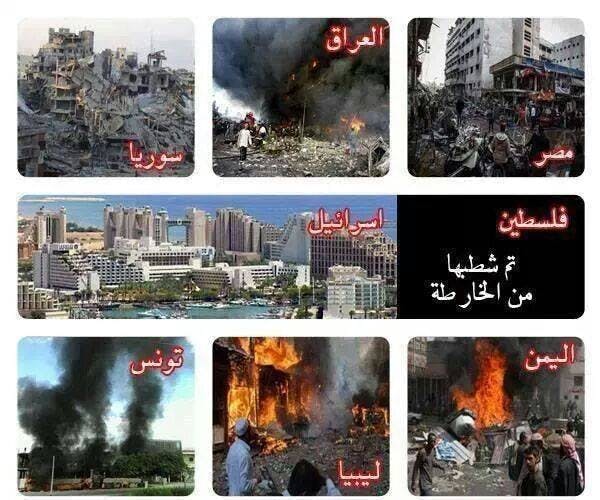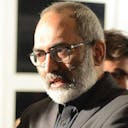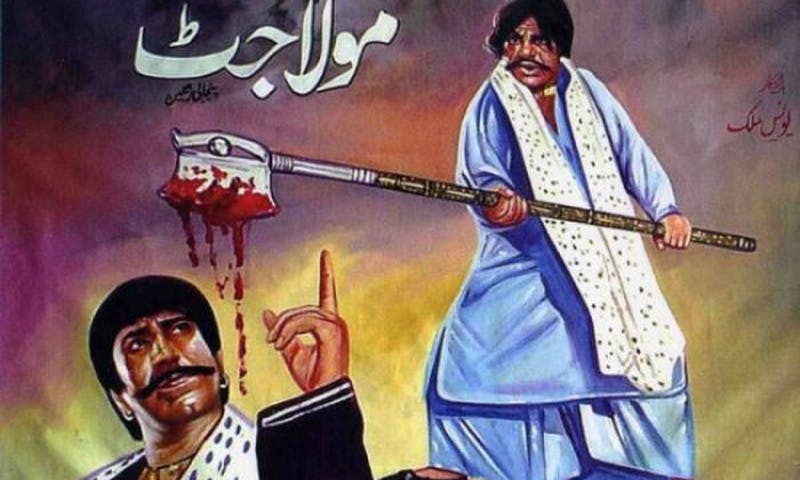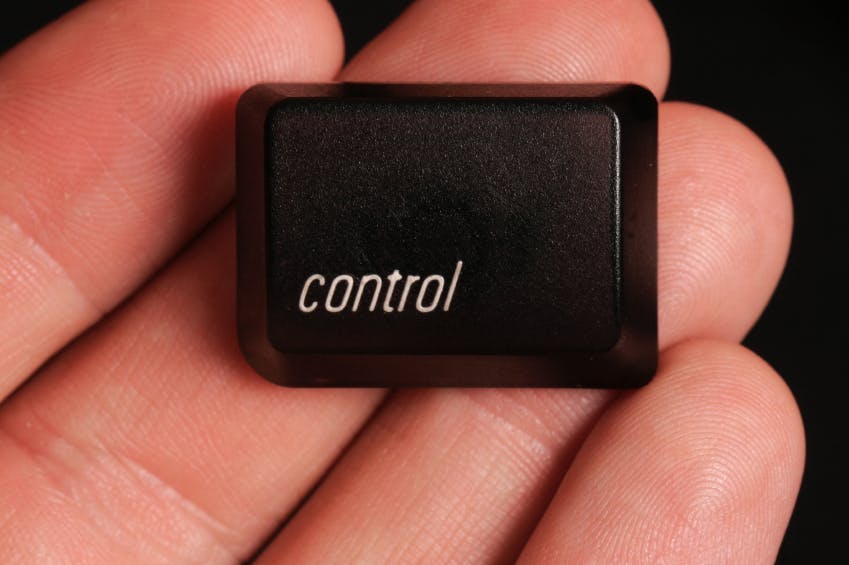The Ummah Card: Messed-up Pakistan Series 4

My Facebook and Twitter timeline and newsfeed are filled with scenes of missile attacks, the injured and the dead children and damage to buildings in Gaza. Or emotive images showing the above. Or call for duas for Palestinian brothers.
Over 100 people have been killed so far and casualties are increasing. The Palestinian leader has called it genocide.
You can soon expect rallies by Pakistani religious and religio-political parties and groups to show solidarity with our Palestinian brothers.
For a week, Gaza has been the lead story on all TV channels and newspaper front pages around the world.
There are citizen demonstrations in the UK, the US and elsewhere (where there is significant population of Palestinian origin) asking their governments to pressurise Israel to stop these attacks.
Israeli Prime Minister has refused that Israel will budge under pressure, and there’s now a UN attempt for ceasefire.
So far.
This post is not about the recent Gaza attack or the attacks before. This is about our reaction to the attack – on social media and on streets.
Since the Gaza coverage was widespread and I usually highlight the under-reported, but significant, issues on social media, I did not post any status, photo or video about Gaza on my Facebook.
What happened then was my alumni and FB friends sending me text, Whatsapp, Viber, FB inbox messages that why I wasn’t posting anything on Gaza.
Thinking that my alumni wanted me to highlight this issue for a just cause, I posted Dawn news of that day, reporting 100 deaths and a map by Telegraph UK of missile attacks.
Coincidently, the same day, there was a briefing by Karachi police giving figures of nearly 1,700 people killed in 300 days including 719 deaths in targeted killings. I posted that too on my blog and posted a status on FB.
Since I am an analytics man, after about half a day I checked the stats for post views.
While there had been a dozen shares or comments on the Gaza status but no single share, and just one comment on the Karachi killings story (that too from a KPK professor who routinely comments on my statuses).
Majority of my alumni are from Karachi. So I was stunned: Total silence on a story that concerned them very much: killings in their own very city, and not a single comment?
And so much interest in the Gaza deaths? A place where we are not even a stakeholder. Israel, Hamas, Palestine, US, UK, UN may have been parties to the crisis and a solution seeker. But we? What can we do?
Yes, they are our brothers and innocent children being butchered and killed, but there have been a daily, weekly, regular occurrence of killings of much larger scale in our own backyard – Karachi and all over KPK and Balochistan.
Is the price of humans killed in Pakistan in terrorist, or militant attacks or bomb blasts or suicide attacks any lower?
We don’t even know the names of killers. They are only called namoolam afraad.
This brings us to the fourth question mark in Messed-up Pakistan Series: The Ummah Card.
The first crime being: Fraudulent Claims
The second curse being: The Sultan Rahi Syndrome
The third curse being: Under Control
PS: This Ummah Card part was to come later in the series but this week’s media attention on Gaza brought it forward. Keep an eye: there’s a separate part on ‘Use of Religion’ too.
Gaza is not the only event that has dominated my timeline.
Last year, it was Burmese Muslims.
Yes, there’s a crisis between Muslims and Bhuddists in Burma. But not to the tune of ‘mass killings’ that fake pictures on social media scared the users for several months.
Insight: The Rohingyas: The most persecuted people on Earth?: The Economist
A year before, it was Egypt killings.
These causes dominated our social media: all in the name of a Muslim Ummah.
When I was growing up, Yasser Arafat of Palestine, Qadhafi of Libya and Saddam Hussein of Iraq were presented to us as saviours of the Muslim Ummah.
There were books, movies and songs on them and city landmarks named after them. We didn’t know anything about them other than their heroic victories that our controlled media narrative fed us.
Thanks to social media today, we found out Qadhafi and Saddam and their sons had nothing to do with Islam.
They were mass murderers, criminals killing their own people, drinking alcohol, gamblers, womanisers of the highest order and plunderers of their nation’s resources. And nothing to do with Islamic lifestyles.
Look at the conditions of their country’s infrastructure, roads and living conditions of their people – in their lives and after.
In every Friday prayers all these years, I heard the masjid Imams in all parts of the country praying to Allah that Palestine, Iraq be freed and peace return to these places.
As I grew older, new names were added to the list: Bosnia-Herzegovina, Kosovo, Chechnya, Kashmir, Afghanistan, Egypt, Algeria, Yemen, Syria.
The hearts of Muslims cried for their freedom and their peace causes.
The question is:
Did we have any clout to impact the events in these countries?
Was there really an Ummah for which we spent our energies and came on the roads? What did we achieve by doing this? A complete isolation in the world?
No country on earth, including brotherly Muslim nations, was and is willing to accept us Pakistanis for employment, visit, business or (easy) settlement today.
Check: Pakistani passport ranked second worst for international travel
To the question if there’s really an Ummah? My answer is: No.
Let me give you a perspective.
I train and coach high-net-worth executives in most GCC countries – like Kuwait, Bahrain, UAE. Governments and businesses in these countries will prefer to do business with or employ people from India or any European country. All non-Muslim.
Even Pakistani-owned businesses would rather hire a Bangladeshi or an Indian/Nepalese Hindu if they met their work requirements better and would avoid recruiting a Pakistani Muslim. Ummah? What Ummah?
In a world dominated by economic interests, every country decides on what suits them – no entry for religion on the application form. The currency is: economy. Not the Ummah Card.
If we really want a respectable stake in the nations of the world, we need to become economically stronger.
This way, we can use our leverage to stop the perpetrators of Muslim killings in any part of the world by a threat of pulling out our businesses.
That lever alone can be far bigger and have more impact that street demonstrations or dominating the social media timelines in our own countries, with no impact on ground whatsoever.
And why will not Pakistan be in a messed-up state when, on the one hand, we have such an inconsiderate approach towards all types of killings in our own country and, on the other, we fantasise about an Ummah which has never been there all along?
Can we revisit the Ummah Card in #Pakistan2050?
This is Part 4 of How we messed up Pakistan: A series by Wali.
The Series looks only at events and patterns that impacted Pakistan in the past. No present assessment. No solutions suggested. That’s elsewhere on this blog.
Will appreciate your comments. Stay tuned for Part 5.
Update: See also an addition to this post: Gaza: ‘Boycott Israeli products’
20 July 2014: Do read Aaj ki Shaam Gaza ke Naam by BBC’s Wusatullah Khan
3 August 2014: Do read Agar Duaon Se fursat Mile by BBC’s Wusatullah Khan
Updates to the article:
3 August 2014
Civilian deaths in Gaza in Israeli air strikes are now in the region of 2,000 with no signs of ceasefire of this operation. The piece below was written on 13 July at the start of the current crisis when death toll was reportedly 100. Clearly, the severity of the crisis calls for increased international effort to stop this madness.
1 June 2015
You have been warned: Expect fake and photoshopped photos and videos about Rohingya (Burma/Myanmar) misery (what they call genocide and ethnic cleansing at the hands of Buddhist monks) to dominate your Facebook and Twitter timelines in Pakistan this week, just in time for Ramadan.
A simple image search in google will expose the fakery of whole exercise.
Some ‘groups’ in Pakistan will raise money for them during Ramadan. Which, BTW, is also unlikely to reach the potential beneficiaries any way.
6 June 2015
When I post this link about fake Myanmar photos, people ask me: really?
Lucky that BBC too published this: The fake pictures of the Rohingya crisis. Will now need less energy to convince them.
A separate post on this fakery:
Are WhatsApp forwards your source of info? Welcome to Project Ignorance
January 2016
Iran and Saudi Arabia are on a collision course after Saudi Arabia cuts diplomatic ties with Iran over execution of a Shia scholar Nimr and the attack on Saudi Embassy in Tehran. The row now spreads to other Muslim countries.
Can Pakistan play any role? Given our no leverage, the answer is a BIG NO. But if some powers push us into siding with any party, it may burn our own house and create a major Shia-Sunni strife in our country.
June 2017
Every Ramadan, the news in media is usually Israel fighting Palestinians in Gaza or Myanmar minority Muslims being persecuted by Burmese majority. Demonstrators in Pakistan come out on streets in large numbers to show solidarity with the oppressed.
This is the first time that this Ramadan, the international crisis is an Arab vs Arab state. GCC states Saudi Arabia, UAE, Bahrain and Egypt yesterday cut off diplomatic relations with Qatar, another GCC state, and closed their airspace for Qatar Airways flights.
Where does this leave us as an Ummah? Who should we come out on streets for?
23 March 2018
Saudi Arabia opens its airspace to Israel for the first time ever when an Indian commercial flight reached Israel.

Wali Zahid
Wali Zahid is a longtime China watcher and a Pakistan futurist. An award-winning journalist, he writes on issues of significance to Pakistan and CPEC & BRI.
Related posts



